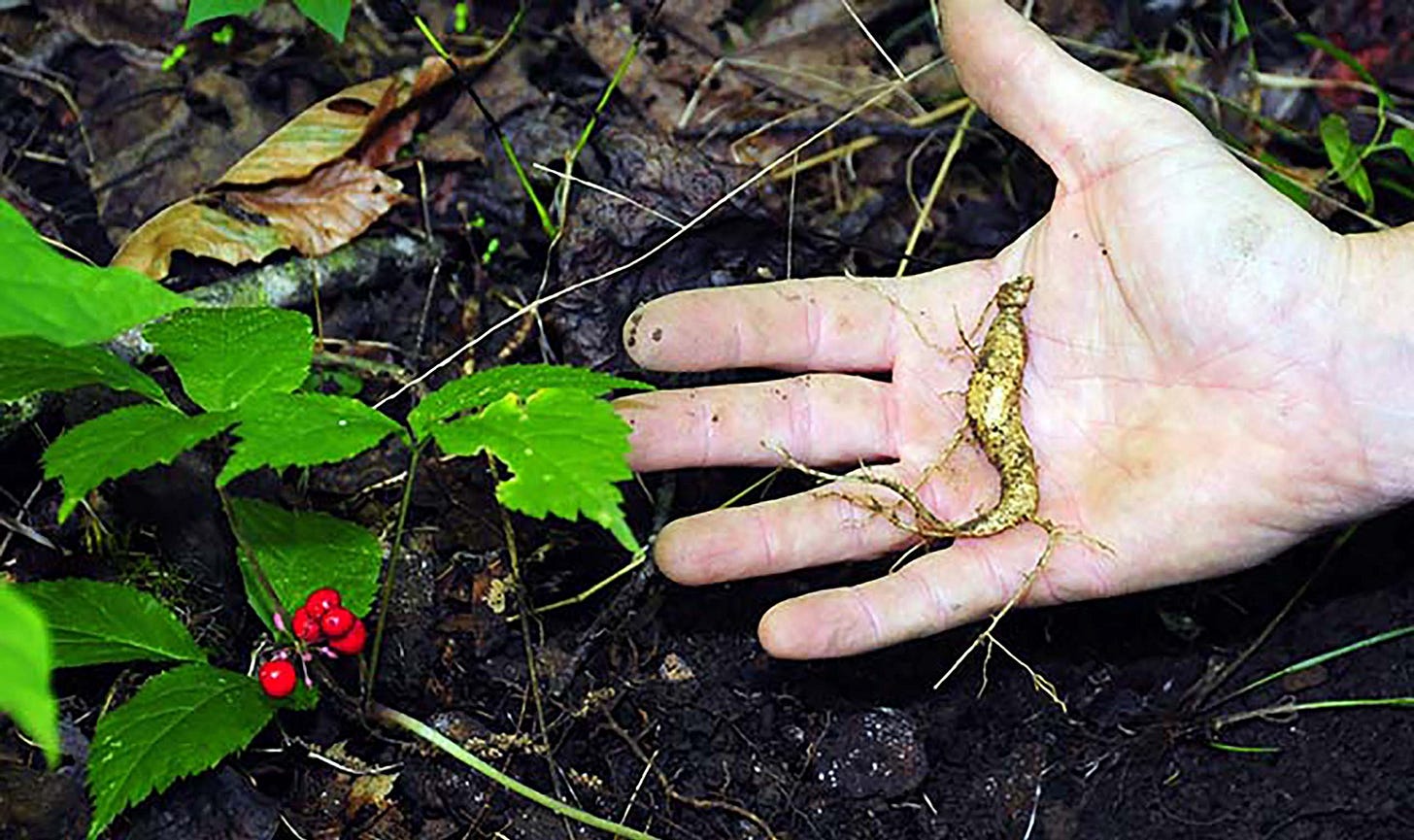The Government’s Ginseng Circus: A Microcosm of Regulatory Insanity
By Ari Armstrong
This month police officers with West Virginia’s Division of Natural Resources (DNR) “conducted two weeks of multiple raids on illegal diggers and dealers” of wild ginseng (a type of herbal root), according to a DNR media release. DNR states:
A year-long investigation . . . in southern West Virginia has resulted in 11 arrests and the seizure of 190 pounds…



